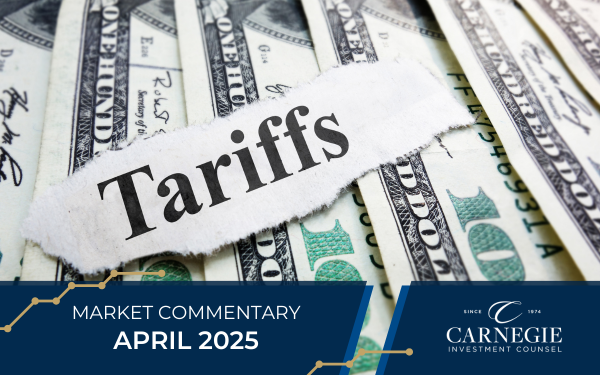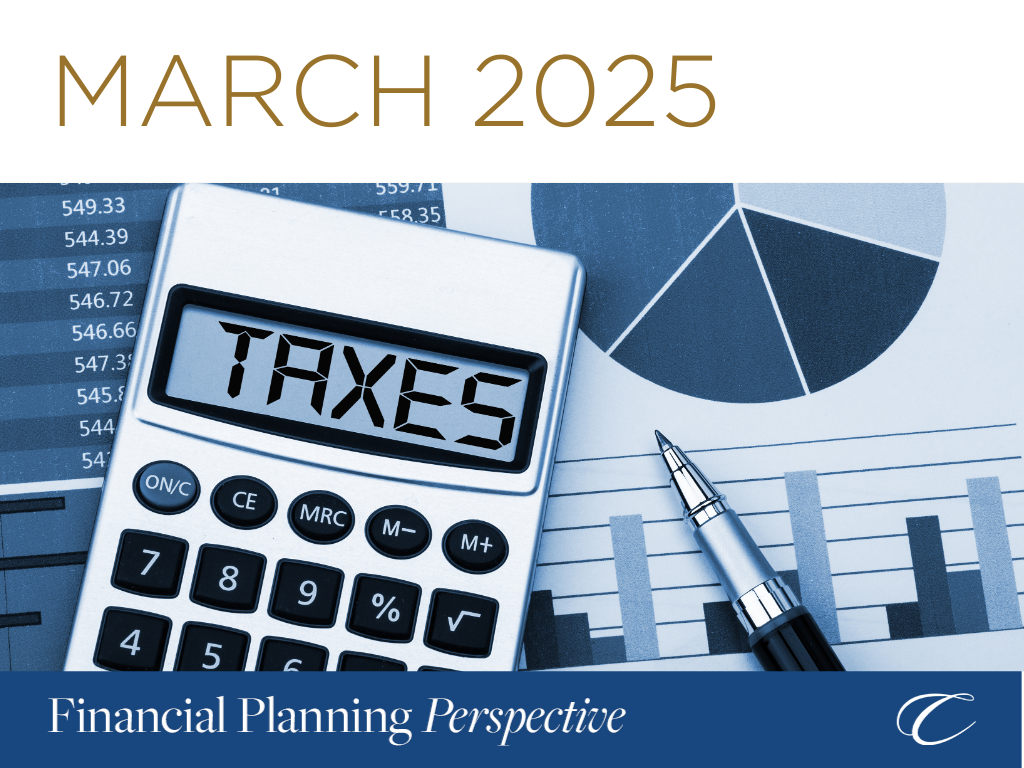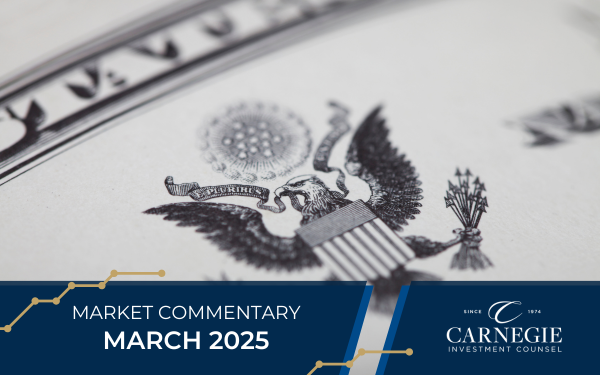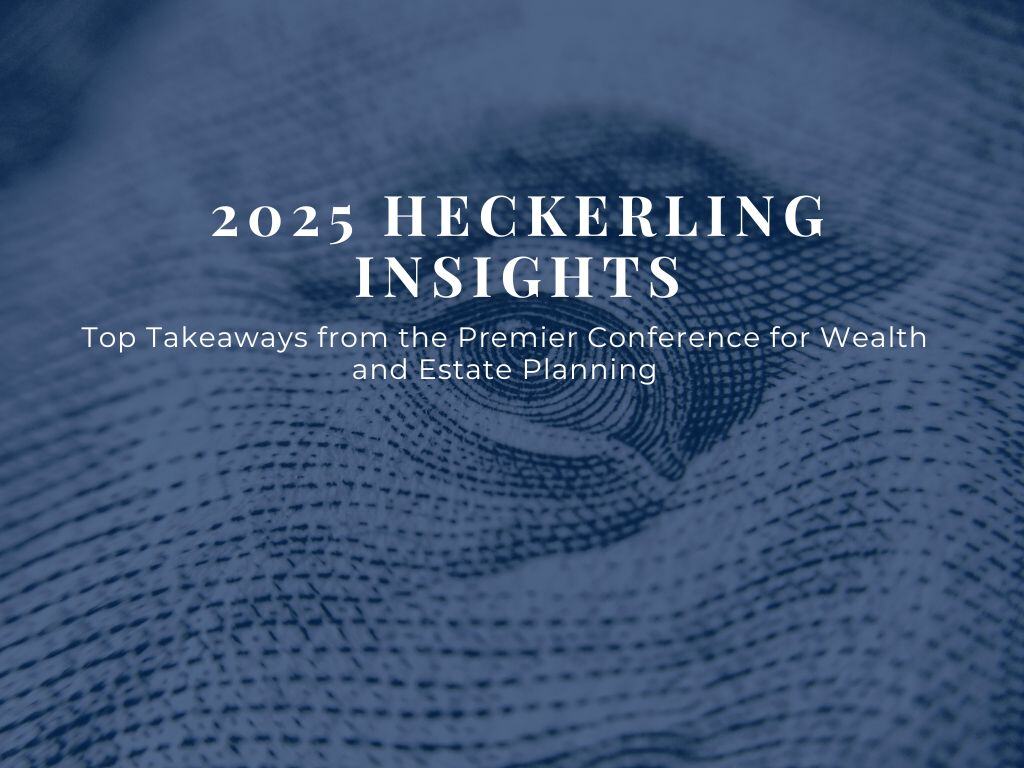What We're Watching in April 2025
Tariffs: A Familiar Headwind with New Implications
Tariffs are once again making headlines — and history offers important perspectives. In 2018, during the first Trump administration, when tariffs were first introduced on a wide scale, markets reacted with caution but quickly digested the implementation once the total amount was clearly defined. Today, a similar narrative is unfolding, though this time the effects are more pronounced — not because tariffs have been enacted, but because of the uncertainty on the final outcome this past month.











